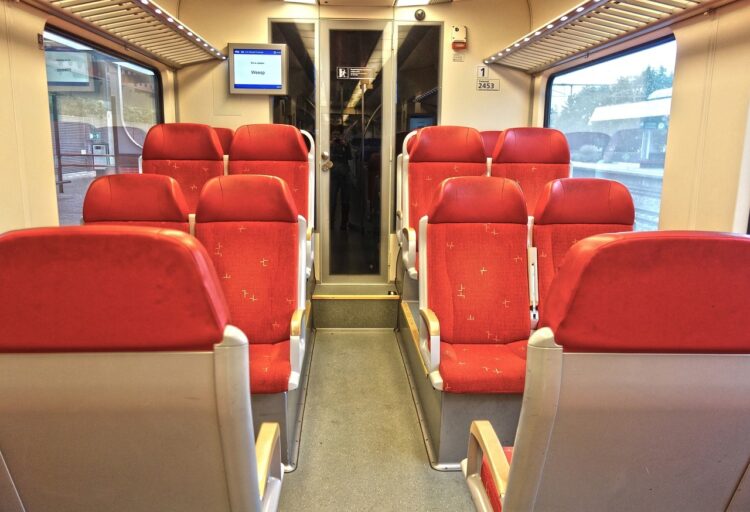By Neil Coupe
My commute to work has to be done by car. Partly for this reason, I probably have a slightly romanticised notion of train travel.
Being able to stretch out and read a book, while gliding effortlessly into the middle of a city feels relaxing, if not downright decadent.
It certainly sounds more enjoyable than hacking through the traffic jams on the M4.
The harsh reality is that travelling by train is often disappointing, and eye-wateringly expensive. The fare to Manchester shows that to leave Wokingham for a 10.30am arrival and return at 6.30pm would cost £325 second class and a barely believable £589 in first class.
The journey may not be decadent but the fare certainly is.
There was a recent post on LinkedIn discussing the cost of commuting to London by train.
It started that to be able to commute to London on a daily basis that the passenger would need to earn £20,000 gross just to pay for a season ticket.
This was used to illustrate how difficult it is for young people at the start of their career to gain the experience of working in our capital city. The general consensus is that being in an office is better for young people than working from home, yet there is this huge cost barrier preventing them from doing so.
It is one thing having to commute, but is there any enjoyment being on a train as a leisure traveller?
I was on a train from Wokingham to Reading a couple of weeks ago for the Reading Half Marathon.
It was busier than usual, and it was standing room only.
A nice pleasant train journey made so much more sense than attempting to find somewhere to park on such a busy day.
Scanning the carriage, I noticed one of my least favourite things.
In a cluster of three seats facing each other, there were four people slumped across the seats, with the middle seats taken up by their outstretched limbs and various bags. They were seemingly oblivious to the other people forced to stand.
I started harrumping to my travelling companions that we should go and claim those middle seats. It was only a 10-minute journey, but I deplored their selfishness and sense of entitlement, and was keen to make the passive-aggressive intervention of plonking myself down among them.
As we deliberated as to who was going to join me in claiming the middle seats, events took an unexpected turn.
The first person to intervene was a middle-aged man. He offered me his seat. Then a slighty older woman did the same.
‘No, no’, I spluttered, explaining that I was complaining about the other people not making space for everyone else, and politely declined their kind offers.
We did eventually bulldoze our way into the middle seats, but the main point was the stark realisation that I must look like the sort of person that fellow middle-aged people give up a seat for.
In other words, visibly old and in need of help from strangers.
Oh well, maybe I need to aim to start looking ‘sprightly’ and accept that this is just more evidence of the unavoidable creep of ‘latter’ middle age.























